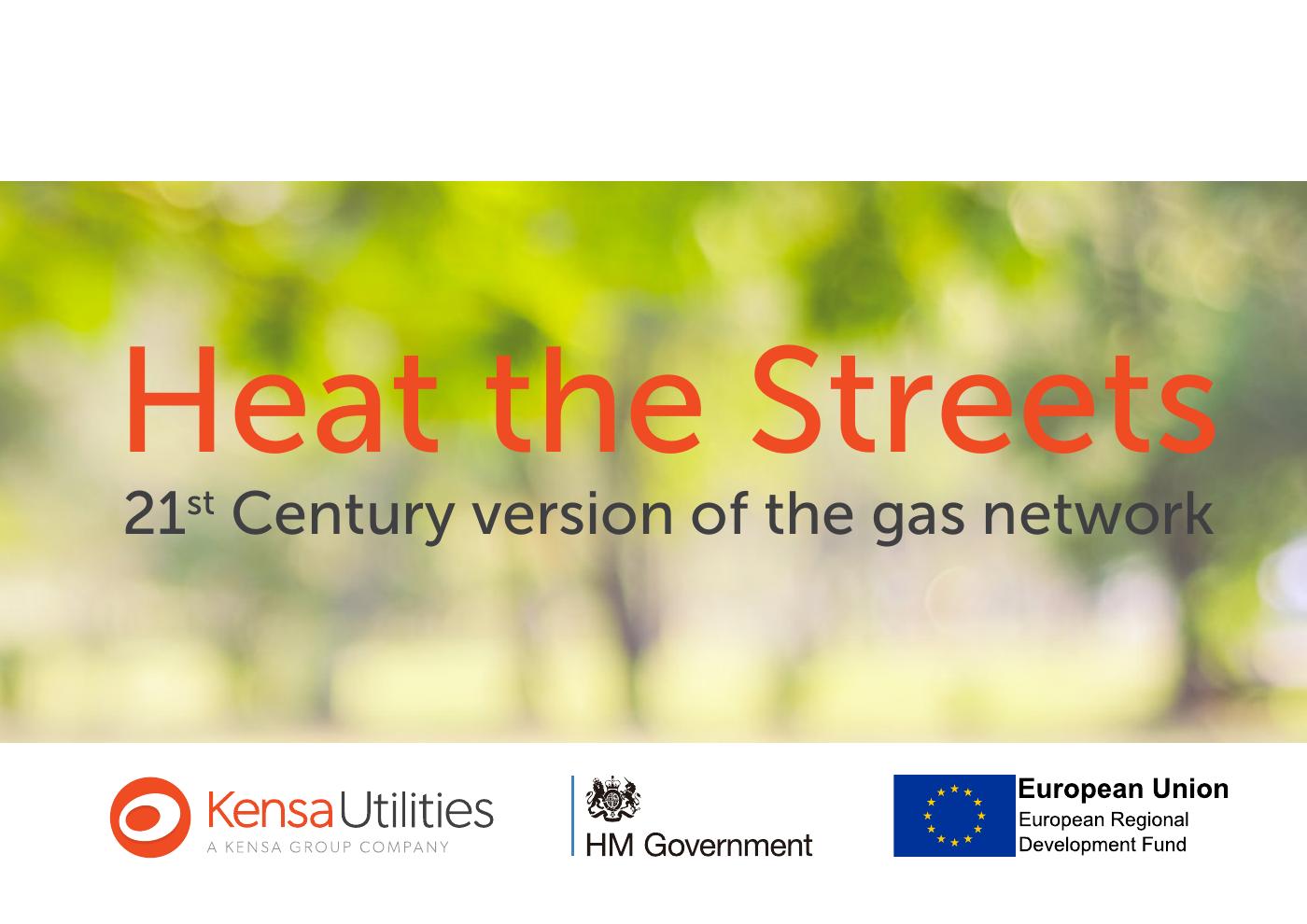Heat the Streets
 Demonstrating a sustainable pathway to net zero for UK housing
Demonstrating a sustainable pathway to net zero for UK housing
Kensa Utilities was awarded a grant by the European Regional Development Fund (ERDF) to part-fund Heat the Streets, a renewable heating project running until June 2023. Offering efficient and sustainable ground source heating for new and existing homes in Cornwall, Heat the Streets will reduce greenhouse gases associated with space heating and hot water in these homes by 70%.
The Heat the Streets project ran from June 2021 until June 2023, a full summary of the project can be found in this book.
Project aims
Kensa wants clean, efficient, renewable heating to be accessible to everyone. That is why this ambitious project is the first to offer high value, low-carbon technology to households of any tenure, street-by-street.
Heat the Streets demonstrated how and why street-by-street installations are the most efficient and effective solution for the roll-out of ground source heat pump technology at the community level needed to tackle the climate crisis and help the UK reach its net-zero target by 2050.
Ground source heat pump deployment
Over its two-year duration, the project installed the technology in new and existing homes across Cornwall and connected the ground source heating systems to Shared Ground Loop Arrays, a communal network of underground pipework that extracts renewable heat via boreholes. Now they’ve been installed, the boreholes are visually unobtrusive, providing a reliable heat source all year-round.
The ground source heat pumps provide 100% of the properties’ heating and hot water, meaning that residents no longer use carbon intensive oil or LPG fossil fuels. Using freely available and naturally replenished heat energy stored just below the surface of the ground, the heat pumps can achieve higher efficiencies than any other heating system.
As the units are electrically powered, non-combustion devices that emit no local emissions or air pollution, the ground source heat pumps will reduce the carbon output associated with heating each home by around 70%.
Project sites in Cornwall

World First in road deployment
Heat the Streets demonstrates a world-first approach to the mass deployment of GSHPs. Boreholes are connected in the road, offering a network mimicking the gas network, leaving residents in new and existing homes in Cornwall to just plug in their GSHP. This offers the lowest cost of heating and a scaleable approach mass roll-out.
Heat the Streets is a pilot study demonstrating that GSHPs can be retrofitted to domestic properties without the need for a ‘fabric first’ approach, at scale and with no upfront cost to the customer. It demonstrates the approach to mass, street-by-street roll-out of GSHPs in a networked, coordinated fashion.
Sectors/Drivers
Private Retrofit: Lowest cost way to get off oil/LPG
Social Housing: Lifecycle cost benefits without upfront cost challenge
Newbuild: 2025 Future Homes Standard. Cheapest way to deliver heat
